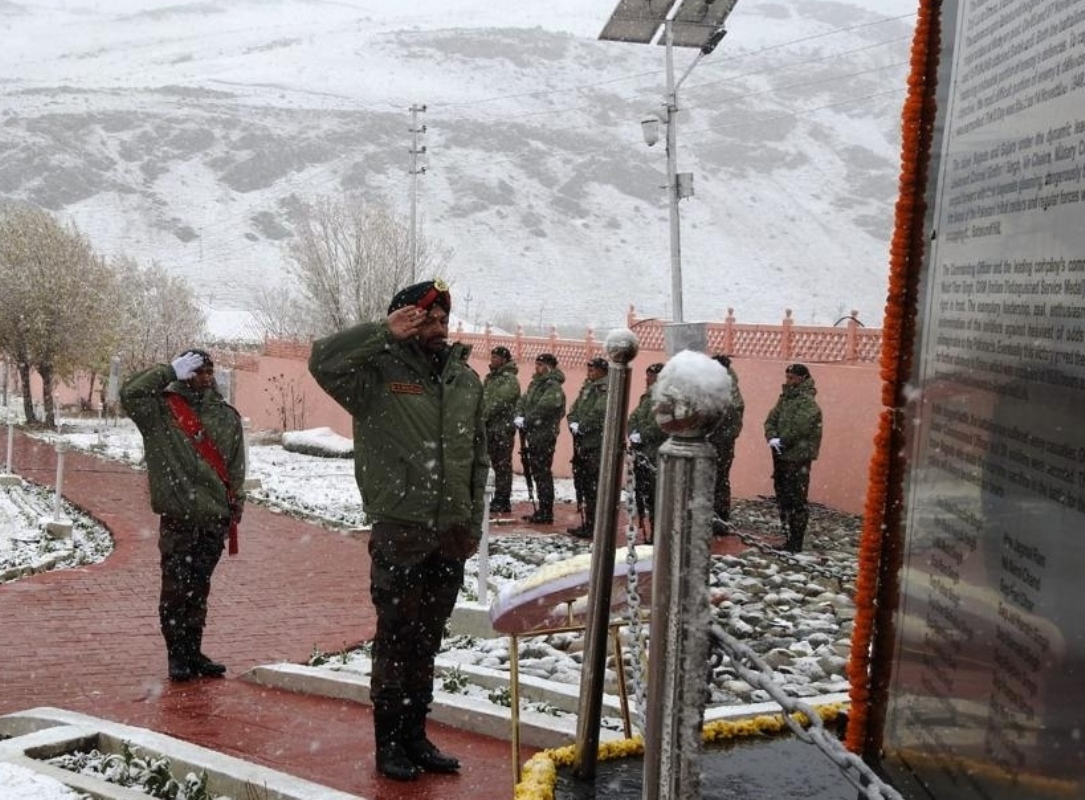Shivangi Joshi starts shooting for new project in Chandigarh, shares BTS glimpse
Television actress Shivangi Joshi on Tuesday shared a sneak peek of her new project, which she is currently shooting in Chandigarh.
The logistical challenges were immense, particularly in transporting tanks from Jammu to Srinagar, marking the first instance of tanks being used at such high altitudes. The bridges along the route couldn’t support their weight, compelling the tanks to be dismantled and reassembled at the base of Zoji La. The mule track leading to the pass was widened to accommodate these crucial vehicles

Zojila Pass liberation Day commemoration
The seizure of Zoji La stood as the pivotal moment in the 1947-48 conflict, with its capture along the Srinagar-Leh highway by Indian forces proving critical to safeguarding Kargil, Dras, Leh, and Siachen. Previous attempts to secure this pass had failed, but in the winter of 1948, amidst adverse weather and challenging conditions, Indian forces succeeded in a monumental operation.
Speaking at a session titled ‘Opening the gateway to Ladakh – The victory at Zoji La in the autumn of 1948’ during the Military Literature Festival, Lieutenant General NS Brar, former General Officer Commanding 10 Corps, emphasized the remarkable role played by the Indian Air Force (IAF). During that period, with just one transport squadron and three operational Dakotas, the IAF played a crucial role in airlifting men and equipment to Kashmir.
The logistical challenges were immense, particularly in transporting tanks from Jammu to Srinagar, marking the first instance of tanks being used at such high altitudes. The bridges along the route couldn’t support their weight, compelling the tanks to be dismantled and reassembled at the base of Zoji La. The mule track leading to the pass was widened to accommodate these crucial vehicles.
Advertisement
Historians and authors Col Ajay Singh and Sagat Shaunik delved into tactical intricacies of the operations, highlighting the exemplary leadership and performance of the officers and soldiers on the battlefield. The capture of the pass, which marks the conclusion of the forested mountains of the Kashmir Valley, occurred just a day prior to the ceasefire of ’48, allowing India to retain territory that would have otherwise slipped into Pakistani control.
The strategic significance of seizing the pass a day before the ceasefire cannot be understated, as it secured territory crucial to India’s defenses.
Advertisement